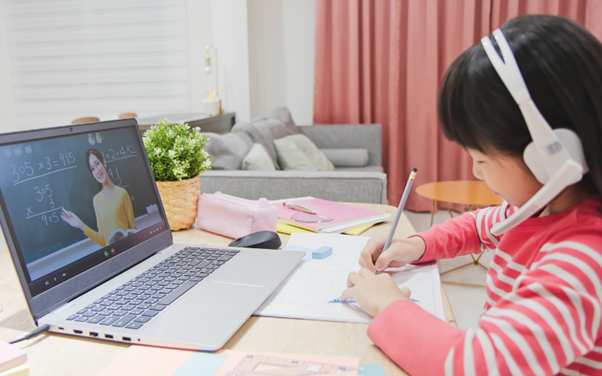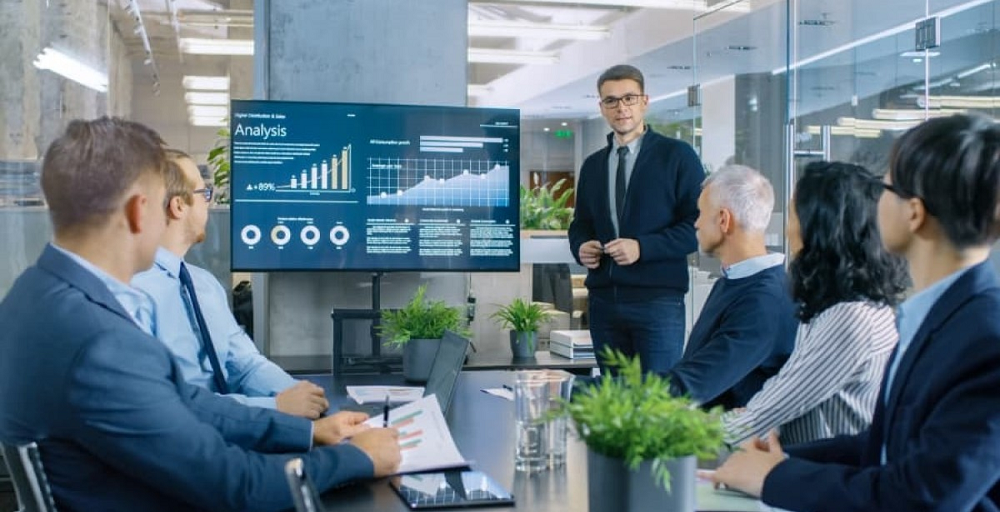The evolution of technology has brought about a substantial change in education, particularly in the realm of specialised instruction for the Integrated Programme (IP) in Singapore.
Using digital resources and platforms has become more prevalent in IP tuition in Singapore, aiming to improve the overall learning experience.
Explore the impact of technology on IP Maths, Chemistry, and Physics tuition in Singapore.
Enhancing Engagement in IP Maths Tuition
Interactive Learning Platforms
Interactive platforms such as Khan Academy, Mathspace, and other digital resources have revolutionised IP Maths tuition in Singapore. These platforms provide many exercises catering to different learning speeds, ensuring students grasp complex mathematical concepts. Using these platforms allows for immediate feedback and personalised learning paths, necessary for mastering IP Maths. The ability to visualise problems and solutions through dynamic graphics and step-by-step explanations has made learning more engaging and effective. Furthermore, online quizzes and adaptive learning technologies can pinpoint areas of weakness, allowing tutors to address specific issues more efficiently.
Virtual Classrooms and Collaborative Tools
Virtual classrooms, supported by Zoom and Google Classroom, have become a staple in IP Maths tuition. These tools facilitate real-time interaction between tutors and students, mimicking the traditional classroom environment while offering the flexibility of remote learning. Collaborative tools such as Google Docs and interactive whiteboards enhance the learning experience by enabling students to work together on problem-solving exercises, thus fostering a deeper understanding of mathematical concepts. Integrating these technologies ensures students remain engaged and motivated, even in a remote learning setup.
Revolutionising IP Chemistry Tuition
Simulation Software
The complexity of IP Chemistry often requires more than just textbook learning. Simulation software such as ChemCollective and PhET Interactive Simulations allows students to conduct virtual experiments, providing a hands-on learning experience without the constraints of a physical laboratory. These tools enable students to visualise chemical reactions, understand molecular structures, and explore various scenarios in a controlled, risk-free environment. This approach enhances comprehension and stimulates interest in the subject, making abstract concepts more tangible and accessible.
Digital Resources and Online Tutorials
Access to many digital resources, including video tutorials and interactive modules, has greatly enhanced IP Chemistry tuition. Websites like YouTube and Coursera offer tutorials from experts worldwide, providing students with diverse perspectives and explanations of complex topics. This variety of resources ensures that students can find discussions that resonate with their learning styles. Moreover, online forums and discussion boards allow students to ask questions and seek clarification, fostering a collaborative learning community extending beyond the traditional classroom.
Advancing IP Physics Tuition
Virtual Labs and Simulations
IP Physics tuition has greatly benefited from virtual labs and simulation tools such as Labster and Physics Education Technology (PhET). These tools allow students to conduct experiments and observe phenomena that would be difficult or impossible to replicate in a physical lab setting. Through simulations, students can manipulate variables and observe the outcomes in real time, enhancing their understanding of complex physical principles. This hands-on approach is particularly beneficial for grasping concepts such as electromagnetism, quantum mechanics, and relativity, which are often challenging to visualise.
Augmented Reality (AR) and Virtual Reality (VR)
Using AR and VR in IP Physics tuition provides an immersive learning experience that can significantly enhance student engagement and comprehension. By overlaying digital information onto the physical world or creating entirely virtual environments, these technologies enable students to explore and interact with physical concepts intuitively and engagingly. For instance, AR apps can illustrate the forces acting on an object in motion, while VR simulations can recreate historical experiments, offering students a unique perspective on scientific discoveries. These technologies make learning more interactive and also cater to various learning styles, improving overall understanding and retention.
Conclusion
Technology has undoubtedly revolutionised IP Maths, Chemistry, and Physics tuition in Singapore, enhancing the learning experience to be more interactive, engaging, and effective. Incorporating interactive platforms, virtual classrooms, simulation software, and AR/VR tools has offered students abundant resources and opportunities to enhance their comprehension of intricate subjects. As technology progresses, it will surely have a more substantial impact on the future of IP tuition, guaranteeing that students are adequately prepared to succeed in their academic endeavours.
Visit Axiom Education to pave your way to academic achievement.




